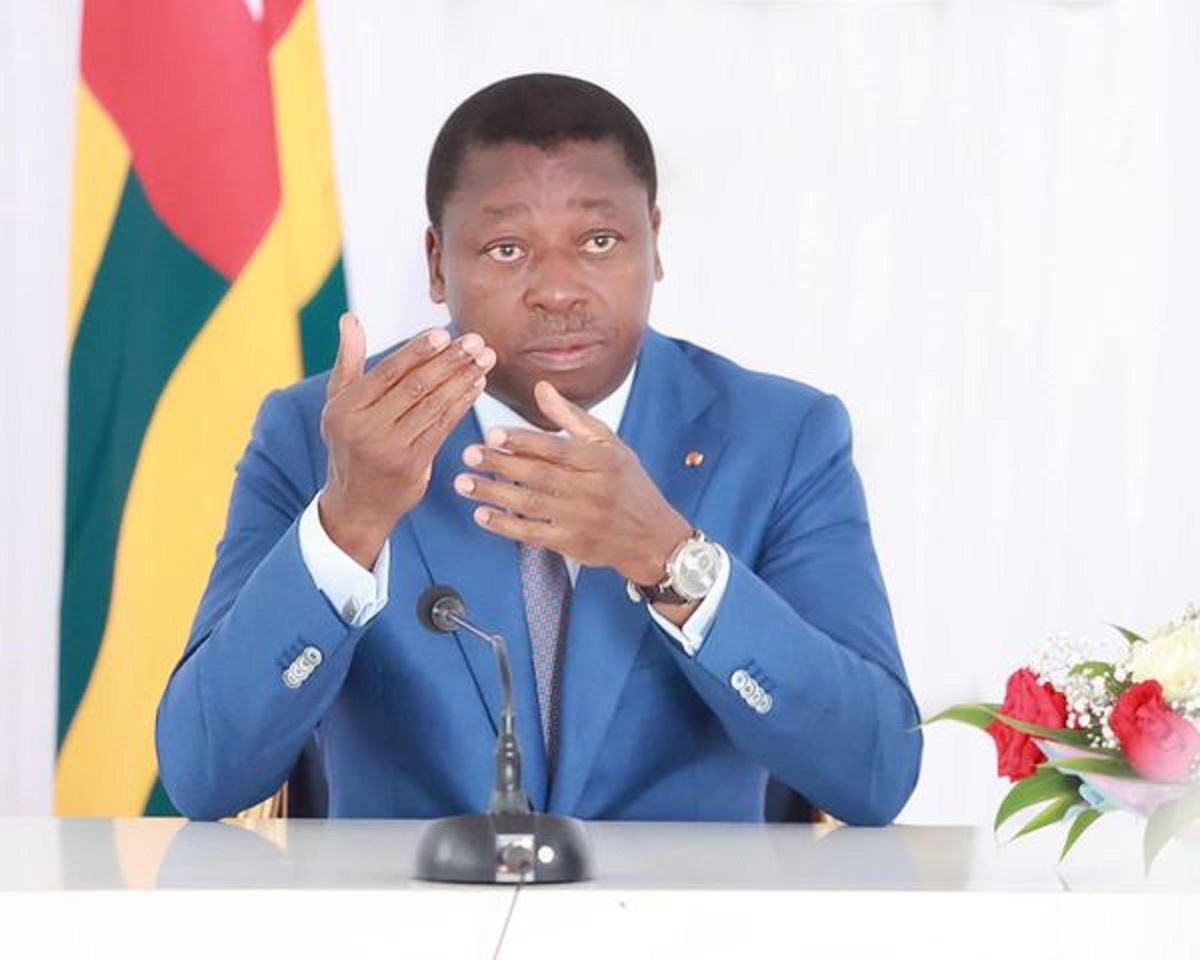In Togo, USAID leaves the field, democracy in a turbulent zone

Togo is going through a politically troubled period, marked by ongoing tensions between the government and the opposition, determined to reject the new Constitution. These constitutional reforms are seen as a means for President Faure Gnassingbé to strengthen his grip and have sparked a wave of discontent.
Behind the scenes, geopolitical alliances are forming. According to an anonymous source from RFI, the Togolese opposition would be receiving funding from certain French NGOs, a move that Paris might view with approval. Although these allegations have not been confirmed, they are part of a larger dynamic, where France, despite its official withdrawal from Africa, continues to exert a hidden influence, particularly through associations and the media.
Togo is considering diversifying its regional alliances. The authorities do not rule out joining the Sahel States Alliance (SSA), a move interpreted as a sign of closer ties with its neighbors and a desire to strengthen regional integration. This outlook is seen by some observers as an affirmation of national sovereignty.
At the same time, the United States Agency for International Development (USAID) continues its gradual withdrawal from several West African countries, including Cameroon. The reduction of its programs, especially those intended for civil society and independent media, creates a void that other players are trying to fill.
On the domestic front, the country is going through a period of uncertainty. Three months after the government’s resignation, which occurred on the eve of Faure Gnassingbé’s inauguration as the first President of the Council of Ministers, no new team has yet been put in place.
Caught between external influences and the desire to strengthen its autonomy, Togo is caught in the crossfire of the tensions that are sweeping across several African countries. As traditional partners redefine their presence, the population is waiting for concrete answers about the country’s institutional and democratic future.

